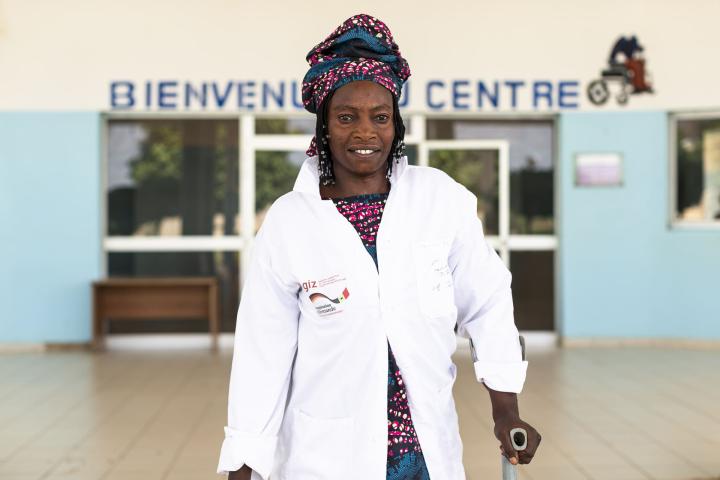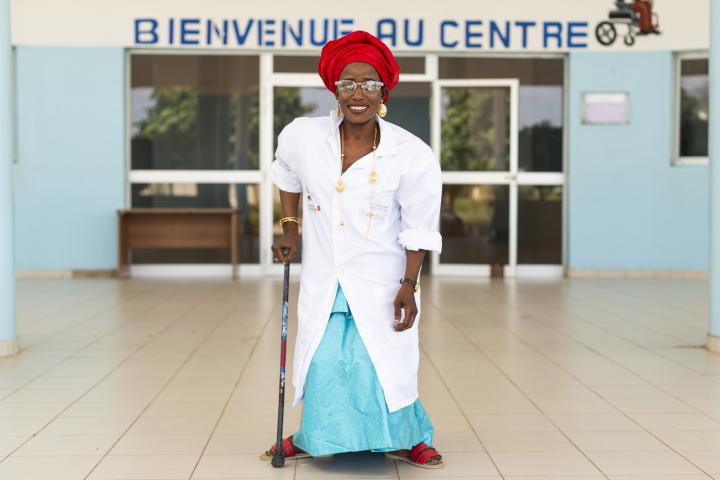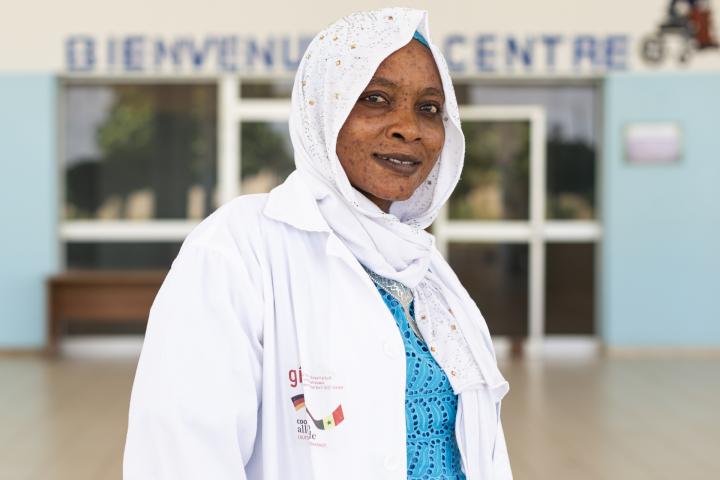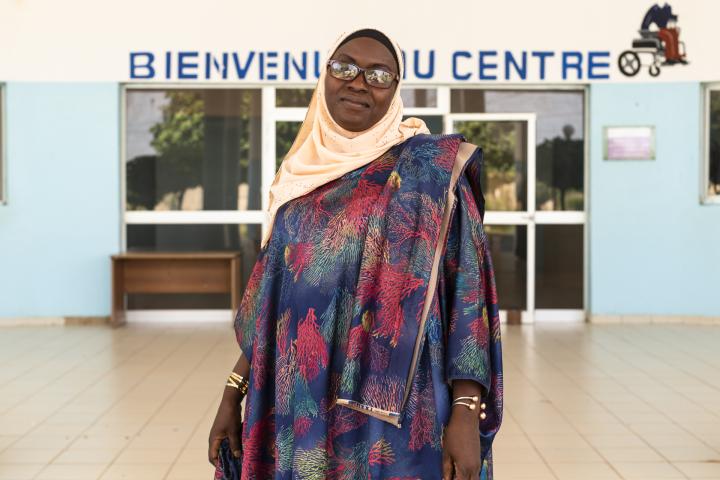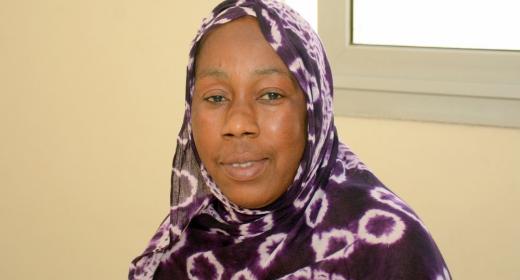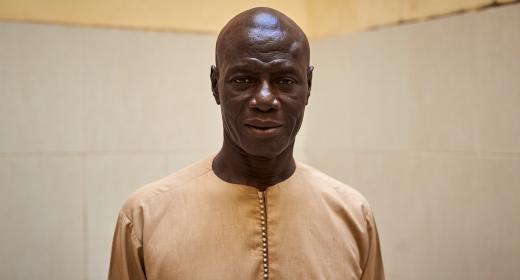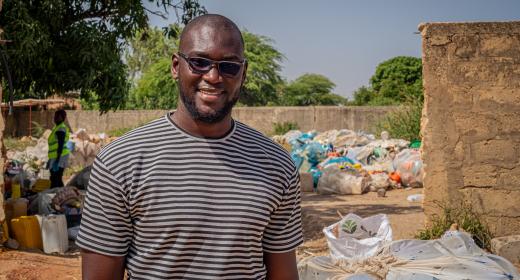The Senegalese-German Centre for Jobs, Migration and Reintegration (CSAEM) has been providing an inclusive training course for women with and without disabilities. Processing cereal crops gives the women the opportunity to improve their incomes.
Women from the Diourbel Region in western Senegal took part in a training course that taught them how to process local cereal crops, such as millet, rice, maize and dried beans. Selling couscous, bread and cakes has given them the prospect of a higher income. The ten-day training course was organised by the Senegalese-German Centre for Jobs, Migration and Reintegration (CSAEM) and took place in the national rehabilitation centre for people with disabilities in the town of Bambey. The building offers full wheelchair access. This meant that the 25 participants could also include women with physical disabilities.

